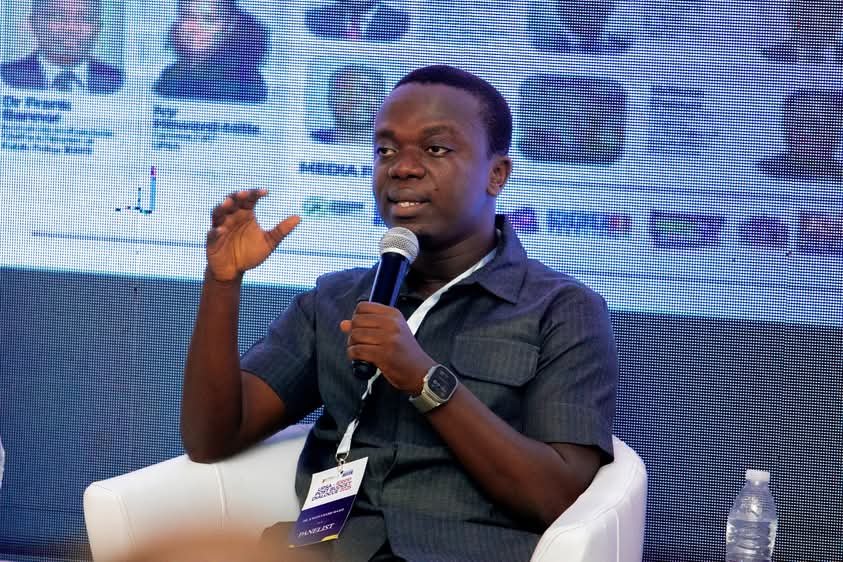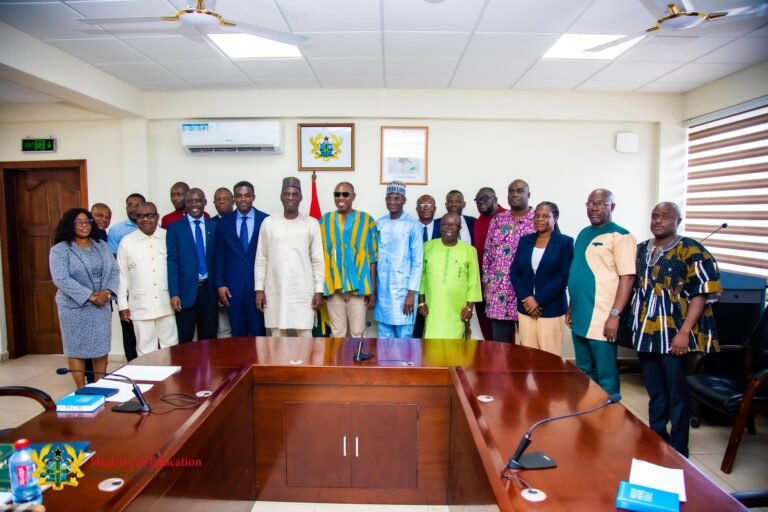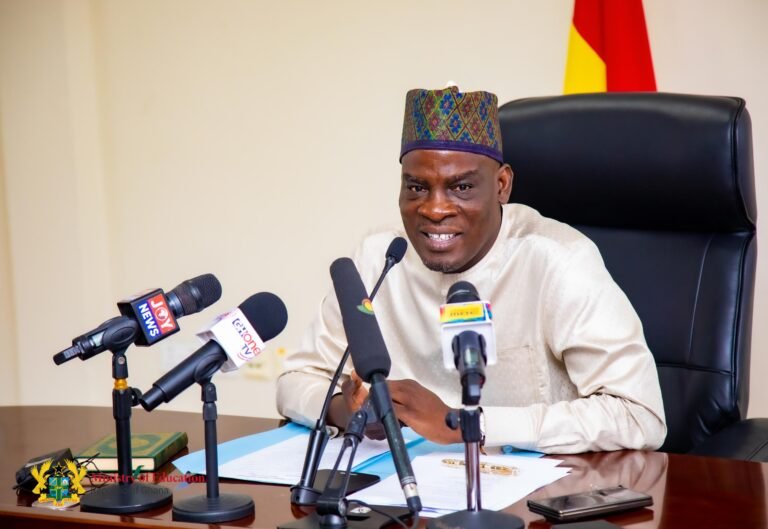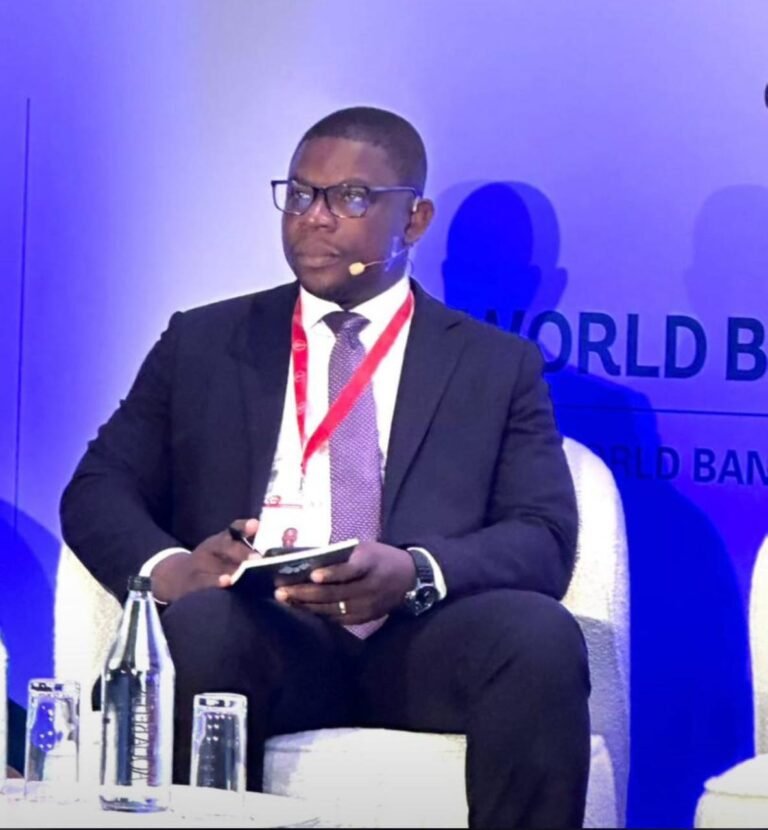
Senior Fellow at the Institute of Economic Research and Public Policy (IERPP), Dr. Kwasi Nyame-Baafi, says he has been vindicated following the government’s decision to suspend the controversial GHS 1 energy levy, commonly known as the “Dumsor Tax.”
In a statement on his Facebook page, Dr. Kwasi Nyame-Baafi called for prudent and long-term economic planning, following the government’s suspension of the recently introduced GHS 1 “Dumsor Levy” amid rising global oil prices.
“When I pointed out on June 4th, 2025, that the drop in fuel prices in Ghana was largely driven by falling global oil prices, not domestic policy decisions, I was vilified by some within the NDC. When I warned that the GHS 1 “Dumsor Tax” was flawed and would ultimately backfire once global oil prices rose again, I was labelled an “economist of doom.”,” he stated.
He explained that a surge in international oil prices—triggered by what he described as an “exogenous shock”—has forced the government to retreat on the controversial energy sector levy, which was introduced under the Energy Sector Levies (Amendment) Act, 2025.
“When I pointed out on June 4th that the drop in fuel prices in Ghana was largely driven by falling global oil prices, not domestic policy decisions, I was vilified by some within the NDC,” Dr. Nyame-Baafi stated. “When I warned that the GHS 1 ‘Dumsor Tax’ was flawed and would ultimately backfire once global oil prices rose again, I was labelled an ‘economist of doom.’ But what are we seeing today?”
The economist cautioned that the suspension of the levy, while inevitable under current global market pressures, is a clear indication that Ghana’s fiscal strategy remains overly exposed to external variables. He further warned that the ripple effects of surging global oil prices would soon be felt at the local pumps, potentially reversing gains in fuel affordability.
“Only God knows how long this global price surge will last,” he remarked. “The bigger question is: Is Ghana prepared?”
Dr. Nyame-Baafi did not spare criticism for the Bank of Ghana either, suggesting that ongoing efforts to maintain the cedi artificially at GHS 10 to the US dollar were fiscally reckless and economically counterproductive.
“This artificial over-appreciation of the cedi is not sustainable,” he noted. “Forcing the Bank of Ghana to maintain this exchange rate is both expensive and unwise. It undermines export competitiveness, depletes reserves, and increases our vulnerability to future external shocks.”
He cautioned that relying on high gold prices to prop up the currency is a risky gamble, warning that the current gold windfall should instead be used to support key sectors such as agriculture and industry. According to him, such investments would promote long-term stability and real economic growth.
“If we build on the gains made in recent years and invest wisely, the cedi will appreciate competitively and sustainably—benefiting every Ghanaian,” he added.
Dr. Nyame-Baafi urged policymakers and the public to move beyond short-term political optics and adopt a long-term, resilience-driven economic outlook.
“Let’s be honest with ourselves. Manipulating the exchange rate only delays the inevitable,” he emphasized. “Let’s think long-term.”




